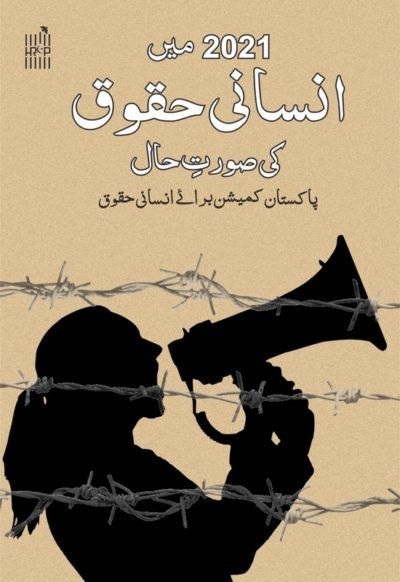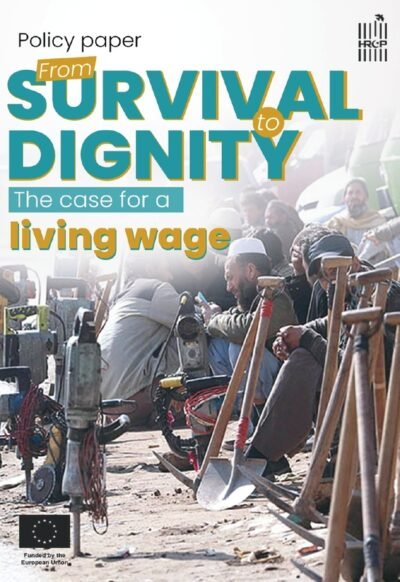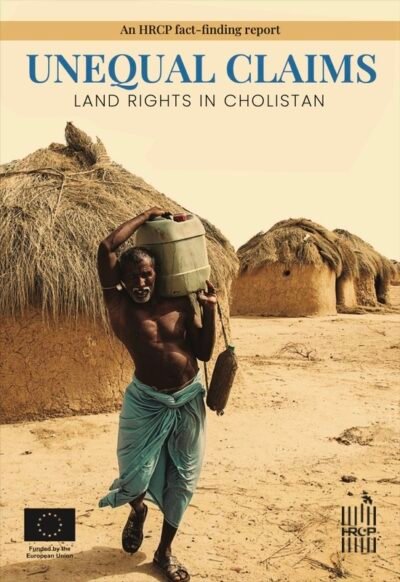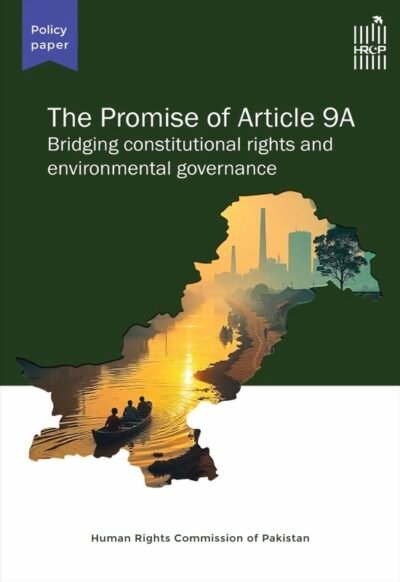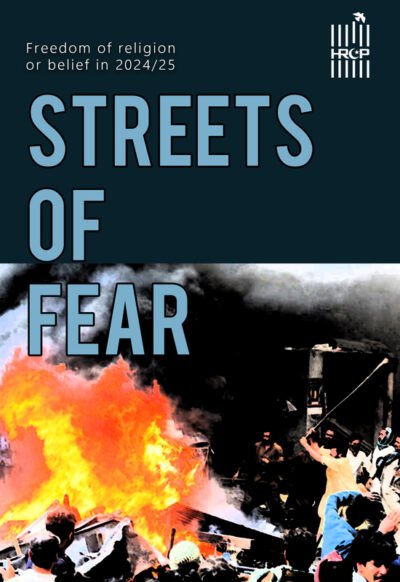Although 2021 was the second consecutive year of the Covid-19 pandemic that has raged across so many countries, including Pakistan, it began on a promising note—the world seemed to have found a solution in the form of a vaccine. In Pakistan, too, the vaccination campaign began in March and continued smoothly throughout the year, despite periodic surges in infections owing to new variants of the
disease.
For the Human Rights Commission of Pakistan (HRCP), however, it was an exceptionally sad year because of the loss of two formidable colleagues in April. The deaths of vice-chair HRCP Khyber Pakhtunkhwa Kamran Arif and former secretary-general I. A. Rehman left a vacuum in the human rights movement that will be very hard to fill. We also lost two Council members, Zaman Khan and Sindhu Mukesh, in the latter part of the year.
For HRCP, the right to freedom of expression was the most pressing issue of the year, with a direct bearing on all other rights, including press freedom, freedom of assembly and association, parliamentary supremacy and the state of democracy. Crucial violations such as enforced disappearances and police excesses persisted, while the demands of marginalized sections of society were often undermined by constant censorship, tacit or otherwise, and violence against the media. That is why this year’s report has chosen freedom of expression as its overarching theme. It is also why we deemed it fitting to present the Nisar Osmani Award for Courage in Journalism to the Pakistan Federal Union of Journalists in 2021.
As with preceding reports, State of Human Rights in 2021 delves into a wide spectrum of human rights violations. Following last year’s pattern, this year’s report comprises separate chapters on the federating units, Islamabad Capital Territory, and the administrative units of Azad Jammu and Kashmir and Gilgit-Baltistan.
HRCP was happy to note that both the National Commission for Human Rights and National Commission on the Status of Women had new chairpersons appointed after a gap of several years; we are eager to see both commissions function to full capacity and with the financial autonomy they need. The year also saw some progressive legislation enacted in the federal capital as well as in some provincial assemblies, amid attempts to thwart laws on domestic violence and forced conversions by institutions such as the Council of Islamic Ideology. The Supreme Court ruling against the use of capital punishment for mentally ill prisoners is indeed a huge step forward.



